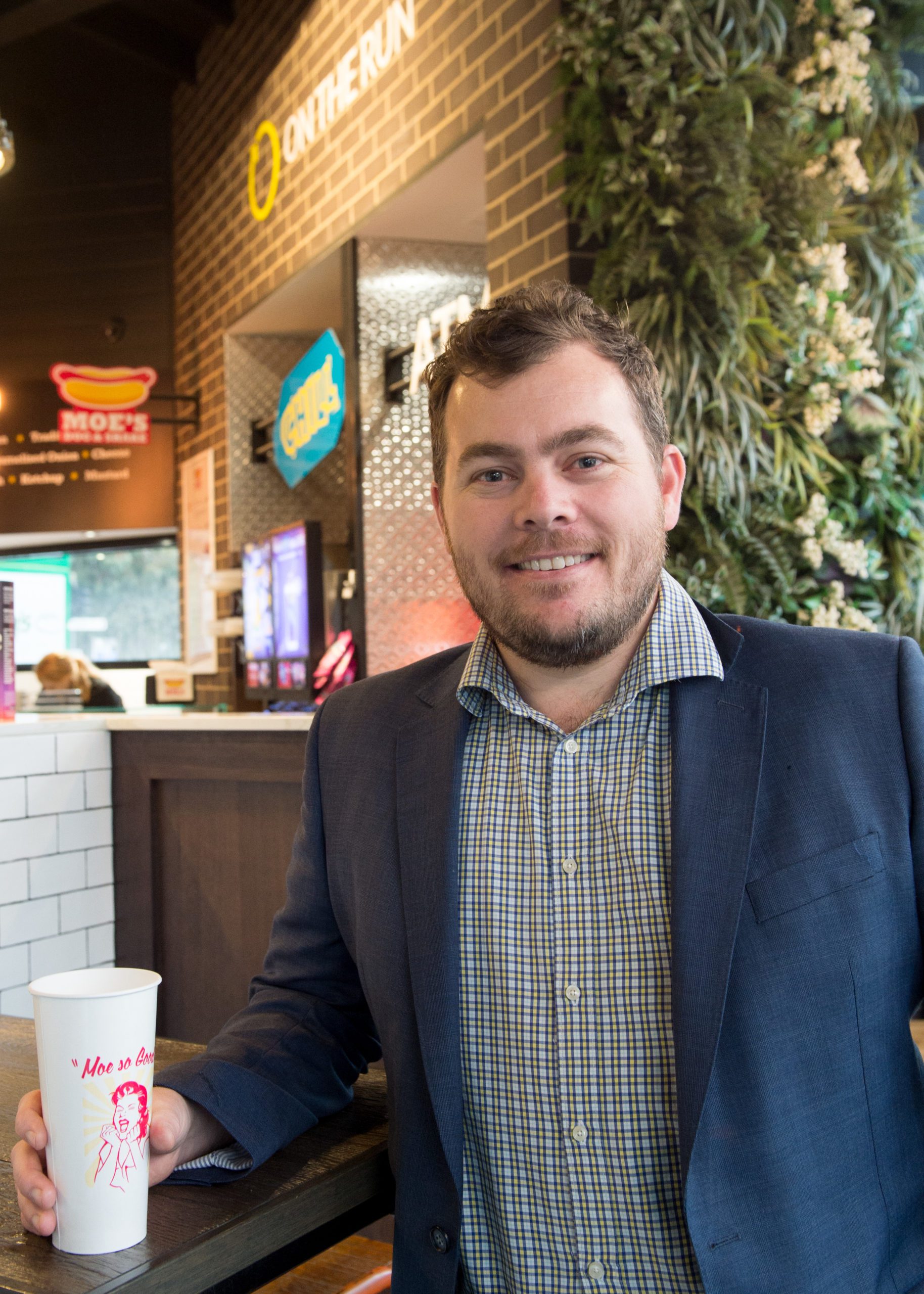Institution:
Said Business School, University of Oxford (UK)
Course: High Performance Leadership Program
My introduction to the Industry Leaders Fund came in 2017 when a colleague (Peter Piliouras ILF2014) explained what the ILF did and made an introduction to Geoff. Although it took a couple of meetings to get things off the ground, I had great admiration for Geoff’s passion about building up the next generation of business leaders in South Australia, and the economic benefits that would come by improving investment and growth in our State. At the time I was in the role of Head of Finance for Peregrine Corporation, and on a path towards the CFO role.
With too many excuses about being too busy at work, I wish I had prioritised my application to the ILF sooner. As an emerging leader with a growing team and minimal experience, there was a huge gap in my capability which needed to be addressed. I attended the information evening with a desire to find a course which would develop my leadership skills (more so than technical skills), and ideally look for an opportunity outside of Australia to expand my perspective beyond what I’d been exposed to locally.
Several courses appealed to me, but that one that resonated most was the Oxford Said High Performance Leadership Program. I was drawn to the fact that there was an ongoing follow up and mentoring opportunity beyond the end of the course. Self development takes time, and there was great appeal to knowing that it wouldn’t just be a short experience that was at risk of being forgotten.
Following the evening I did some more research, then submitted my application to the ILF. After going through the assessment and interview process, I was excited to have been accepted as a scholar as part of the 2019 ILF cohort, it was time to start planning!
Then COVID hit… It was a choice between completing the course remotely or waiting until the opportunity to travel re-opened. Considering that the program was designed to be an immersive experience, and building relationships with other course participants was part of the fun, I tested my own patience and knuckled down for the wait!
Finally, in 2022 the trip to Oxford became possible. In the lead up to the programme, there was an extensive round of testing and assessment – including a full 360-degree evaluation by my colleagues, managers and team. With that completed, and with the support of my partner, I packed my bags and left her and my young family for two weeks in May to attend the programme.
The trip out to Oxford was exciting, and after arriving at the on-site accommodation at Egrove Park, I joined the other participants for an introductory session for the week ahead. The group was incredibly diverse – approximately 40 emerging leaders, established in their careers but generally young, spanning more than 20 industries and 30 countries. Despite the diversity, bonds were formed quickly amongst the group.
The next five days were fascinating – the course was held in a U-shaped stepped theatre where each participant had a microphone, and open dialogue was encouraged on all topics – it was completely interactive, and I think I learned as much from hearing about everyone’s unique experiences as I did from the course materials. The programme was aimed at helping us to become more aware of our own leadership style and gave context for the challenges we faced (or were likely to face) in our organisations. It was probably not surprising that with such a behavioural focus, it didn’t matter where we worked, most of us faced common challenges.
Each day had a theme, starting with self-insight and understanding our 360 results and areas for development, then we moved into relationship building and negotiation skills, then onto approaches for managing conflict and challenging relationships while trying to gain organisational alignment. The last two days covered culture and how to better influence as a leader, and ended with a focus on resilience and well-being. A highlight of the programme was being organised into smaller groups and taught how to coach and be coached, bringing real-life challenges to the team in an effort to seek some clarity – from here we were invited to continue a coaching relationship with the Oxford facilitator, which I have continued to do until today.
In addition to the programme content, the ability to socialise on-site each night and enjoy the catering and relax over a few drinks (as well as a couple of organised outings into the oldest parts of Oxford) meant stronger friendships and ties were formed between participants. At the time of writing this (belated) report, two years have passed since my attendance, and I have remained in close contact with several participants, and the group chats with the larger group have remained active. I will look back on the experience with a great sense of nostalgia and wish I could do it all again, sad to know the same group will unlikely ever be in the same room together!
The course was a valuable experience in that it helped me pause from the busy workload to reflect on my leadership style and how I could be better. Importantly, it provided very practical tools, strategies and approaches to challenges we all face – many I refer to now and have employed in my work life. Although brief, the programme has been formative in my development as a leader, and something I would recommend to anyone. It would be fair to say that that has had a second-order benefit to the organisations I have worked for, and has given me confidence to leave permanent employment and start my own business in recent months.
Huge thanks to Geoff for his support and encouragement in the beginning, to Suzi for her assistance and patience with me getting this report together, and to the ILF board for providing me with this opportunity.

